Building Strong Foundations in Teaching
I’ve noticed a pattern in many of my piano students: in their eagerness to play the “fun” music, they neglect the building of the fundamentals.
Understandably so – practicing technique can be tedious! Not only that, in reality, the pieces that often drew us into wanting to play the instrument often require years of study (and hundreds of hours of practice) to be ready to tackle.
As music teachers, we know how important it is for our students to learn the fundamentals, which is why we teach them!
And yet…. I’ve similarly experienced the propensity to skip the fundamentals when gaining new skills.
For the past nine years I’ve dabbled in watercolors, using YouTube as my teacher. Often, when I reach the end of the tutorial my painting looks nothing like the example!
What happened?
In my overzealousness to produce an end result, I skipped over learning the basic skills required to find success with watercolors.
I don’t think I’m alone.
For many of us, in our eagerness to master a new skill of any kind, we are often resistant to taking the time to build up the proper foundations, preferring to achieve our goal instead of enjoying the process of learning the foundational skills required for success.
I believe this same principle applies to our roles as music educators. We must not overlook the fundamentals of teaching or structuring our businesses. Our studios will be stronger if we take the time to evaluate the fundamentals of our teaching methodology and the systems in place required to run an effective and efficient music studio.
I encourage you to take some time to evaluate your craft as a music educator. Look for the gaps in your offerings, services, and service delivery. Are there additional skills you need to gain or fundamentals you need to build? Whether it is studio communication, advanced pedagogical techniques, lesson structure, neurodiversity training, or anything else, the effort you put into building a strong foundation in your work will reap benefits for both you and your students.
Remember: Extend yourself grace and patience as you learn and grow (as we do for our students).
As I tell my students; When learning a new skill, expect progress to be slow (at first). Give yourself permission to find joy in the process instead of focusing on your desired end results. Progress will come with time, even if slowly.
Catherine Sipher is a remote piano teacher at Blossom Piano Studio, located outside Boston, MA. With over 20 years of piano teaching experience, nothing brings her more joy than sharing the beauty of music with her students. When not teaching, she can be found spending time in nature, writing, practicing yoga, and enjoying time with her 6 children.

